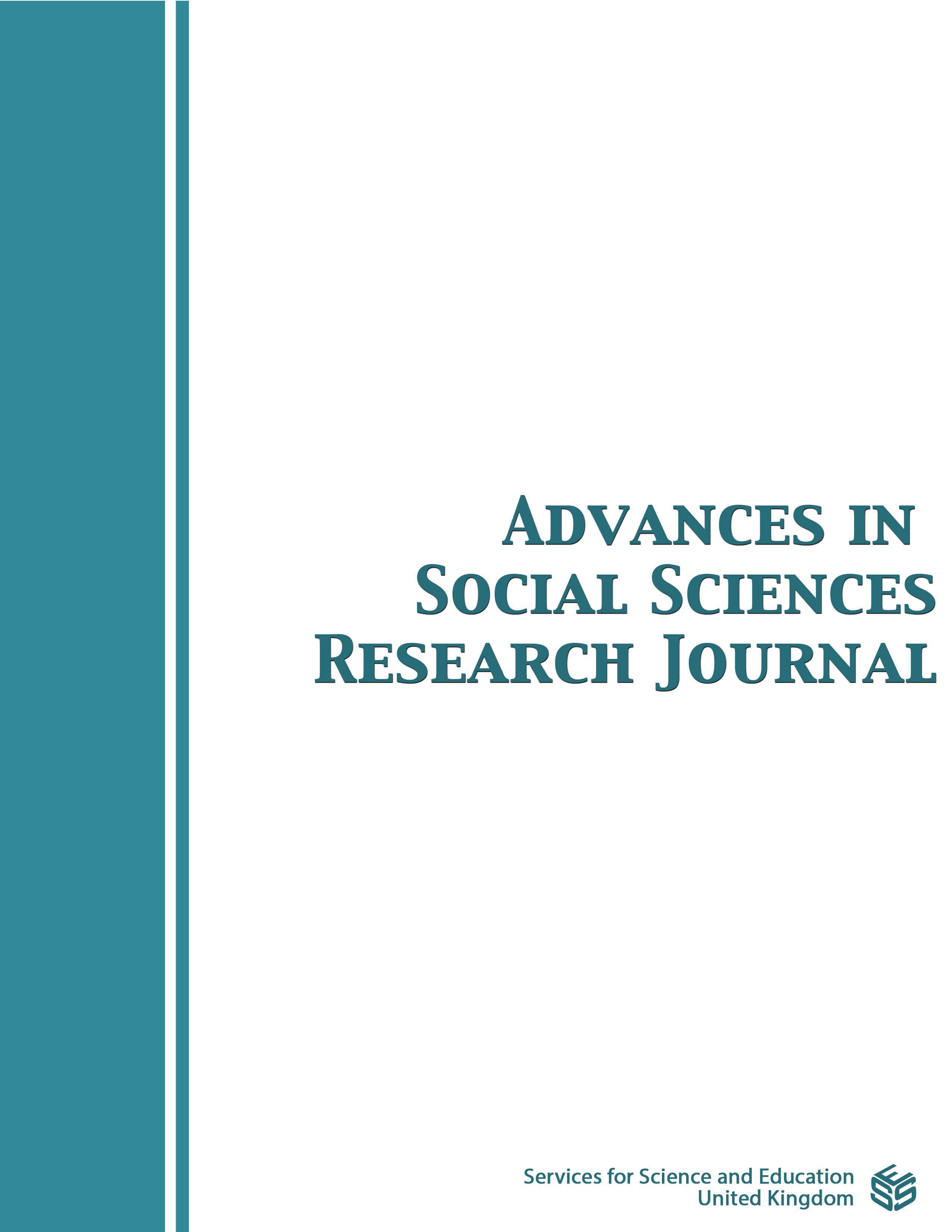Assessment of Living Room Furniture Arrangement on Wellbeing Case Study Jeddah Residents, Saudi Arabia
DOI:
https://doi.org/10.14738/assrj.115.16954Keywords:
Living Room Design, Wellbeing, Jeddah, Cultural Influence, Biophilic Design, Urban Planning, Adaptability in Living Spaces, Post-COVID-19 LifestyleAbstract
This review explores the impact of living room furniture arrangement on the wellbeing of residents in Jeddah, integrating cultural, environmental, and psychological perspectives. It synthesizes findings from various qualitative studies, highlighting the significant role of cultural and traditional elements in living space design. The review emphasizes the importance of biophilic design, adaptability, and flexibility in modern living spaces, particularly in the context of post-COVID-19 lifestyle changes. It also examines the influence of urban planning and socio-economic factors on residential space design and its impact on resident wellbeing. Key conclusions suggest that living room arrangements in Jeddah should resonate with cultural values, incorporate biophilic elements, and be adaptable to multifunctional use. Future research directions include further exploration of cultural aspects in living space design, innovations in biophilic integration, adaptive design solutions, and the establishment of wellbeing metrics for evidence-based design. The review acknowledges limitations in scope, potential biases, and the dynamic nature of urban living, underscoring the need for ongoing research.
Downloads
Published
How to Cite
Issue
Section
License
Copyright (c) 2024 Fattwo Abdul Rahman Makkawi, Irwan Syah Md. Yusoff, Rosalam Che Me

This work is licensed under a Creative Commons Attribution 4.0 International License.
Authors wishing to include figures, tables, or text passages that have already been published elsewhere are required to obtain permission from the copyright owner(s) for both the print and online format and to include evidence that such permission has been granted when submitting their papers. Any material received without such evidence will be assumed to originate from the authors.






